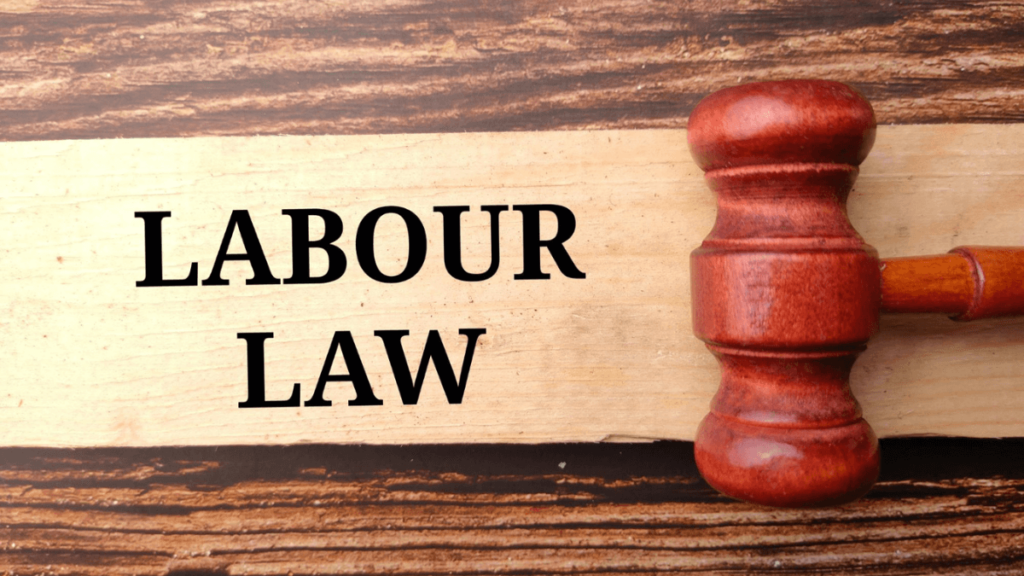In South Africa, every employee is entitled to fair and equitable treatment under labour law. Understanding the basic labour laws that govern the workforce can empower you as an employee and ensure that your rights are protected in the workplace. Whether you’re starting a new job or have been employed for many years, being aware of your rights under labour law can make all the difference.
Here’s a comprehensive overview of the most critical labour laws every employee should know in South Africa.
1. The Basic Conditions of Employment Act (BCEA)
The Basic Conditions of Employment Act (BCEA) is the cornerstone of labour law in South Africa. It sets the minimum standards for employment, including:
- Working Hours: Employees are not required to work more than 45 hours a week, with a maximum of 9 hours a day if they work a five-day week, and 8 hours a day if they work more than five days a week.
- Overtime: Overtime is voluntary and must be compensated at 1.5 times the employee’s regular pay rate. Employees cannot work more than 10 hours of overtime a week.
- Leave Entitlement: Employees are entitled to a minimum of 21 consecutive days of paid annual leave, 30 days of sick leave in a three-year cycle, and three days of family responsibility leave per year.
2. The Labour Relations Act (LRA)
The Labour Relations Act (LRA) is designed to regulate the relationship between employers, employees, and trade unions. The LRA governs aspects like unfair dismissals, organisational rights, collective bargaining, and dispute resolution. Key points include:
- Unfair Dismissal: Employees have the right not to be unfairly dismissed or unfairly treated. If you feel you have been dismissed without just cause or due procedure, you can refer the matter to the Commission for Conciliation, Mediation, and Arbitration (CCMA).
- Freedom of Association: Employees have the right to join trade unions, and employers are prohibited from discriminating against employees based on their union membership.
- Strike Action: Employees can participate in protected strikes, as long as they follow the required procedures, without the risk of dismissal.
3. The Employment Equity Act (EEA)
The Employment Equity Act aims to promote equality and eliminate unfair discrimination in the workplace. The EEA ensures that employees are treated fairly and are not discriminated against based on race, gender, disability, or any other arbitrary ground.
- Equal Pay for Equal Work: Employees doing the same or similar work are entitled to equal pay, regardless of gender or other discriminatory factors.
- Affirmative Action: The EEA promotes affirmative action measures to advance historically disadvantaged groups, ensuring equal opportunities for all.
4. The Occupational Health and Safety Act (OHSA)
The Occupational Health and Safety Act (OHSA) mandates that employers provide a safe and healthy working environment. Employers must take all necessary measures to eliminate or reduce workplace hazards and ensure the well-being of their employees.
- Safety Measures: Employees must receive adequate training and information on potential hazards, and employers should provide protective equipment where necessary.
- Reporting Unsafe Conditions: Employees have the right to report unsafe conditions and refuse to work if they believe that their health and safety are at risk.
5. The Compensation for Occupational Injuries and Diseases Act (COIDA)
The Compensation for Occupational Injuries and Diseases Act (COIDA) provides compensation for employees who are injured or contract diseases in the course of their employment.
- Reporting Injuries: Any work-related injury or illness should be reported to the employer immediately, and a claim should be submitted to the Compensation Fund.
- Medical Expenses: COIDA covers medical expenses, rehabilitation costs, and loss of earnings during the period of disablement.
6. The Protection of Personal Information Act (POPIA)
The Protection of Personal Information Act (POPIA) governs how personal information should be collected, stored, and processed by employers. It ensures that employee data is handled responsibly and that privacy is protected.
- Consent and Disclosure: Employers must obtain consent before collecting personal information and must disclose how the data will be used.
- Right to Access and Correction: Employees have the right to access their personal information and request corrections if needed.
7. The National Minimum Wage Act
The National Minimum Wage Act sets a minimum hourly wage that employers must pay their employees. As of 2024, the minimum wage in South Africa is R25.42 per hour. This law ensures that all workers, especially vulnerable employees, receive a fair wage for their labour.
Related: Exploring Government Jobs for People with Disabilities: Opportunities and Support
Understanding these essential labour laws is crucial for protecting yourself in the workplace. If you believe your rights have been violated, you can seek assistance from the Department of Labour or the CCMA. Remember, knowing your rights is the first step in ensuring a fair and just work environment. Stay informed, speak up, and protect your rights as an employee in South Africa!






